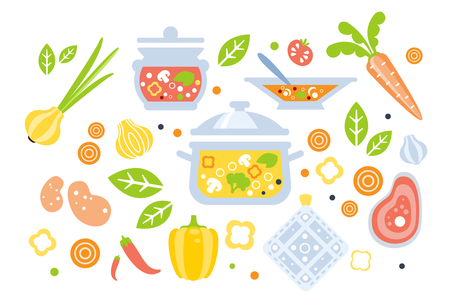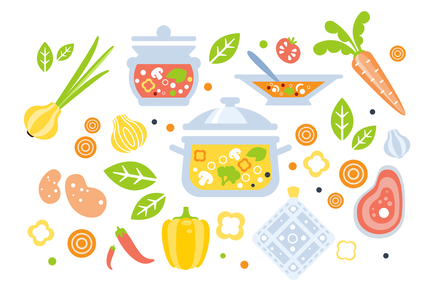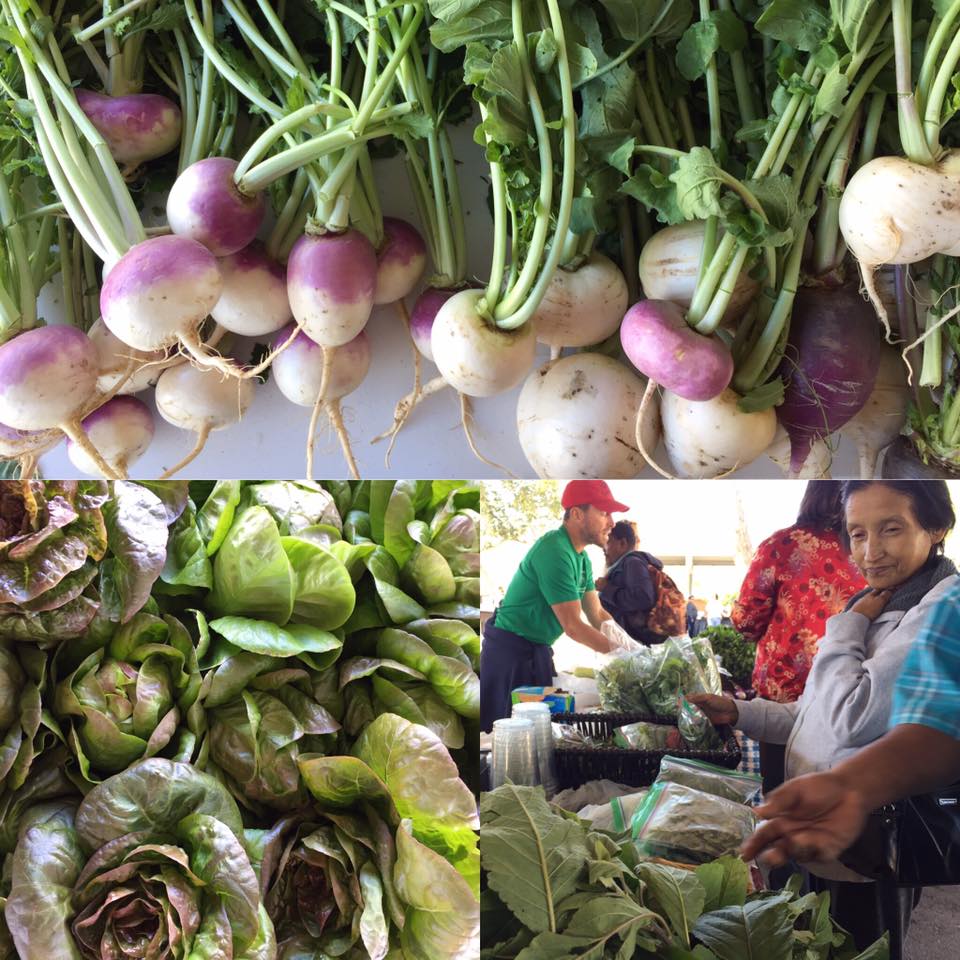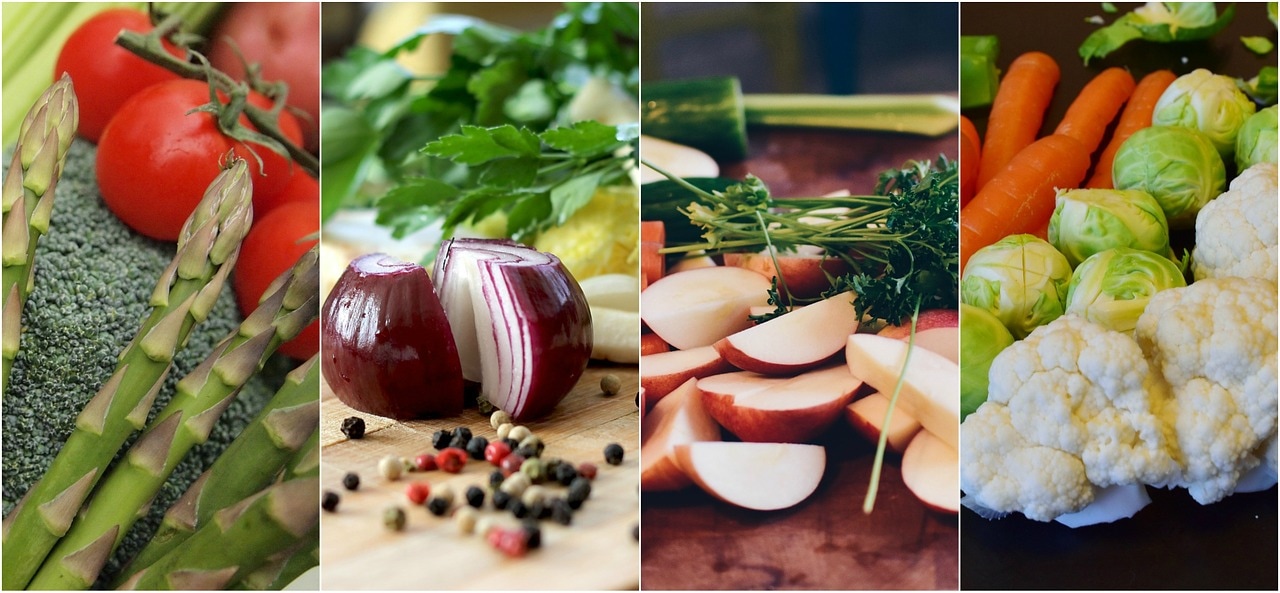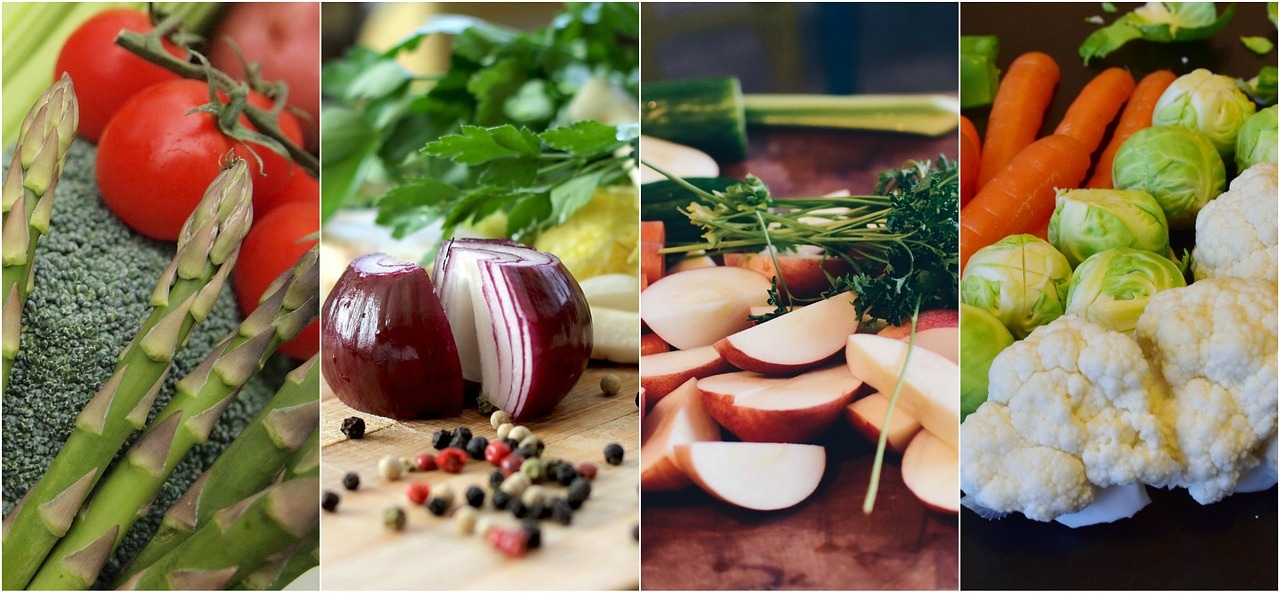|
El programa Double Up Food Bucks le ayuda a estirar su presupuesto para comprar comestibles, pero se encuentran otras maneras de ahorrar aun mas. Nuestra intención es ayudarla a guardar su dinero! Imagínese esto: Acaba de llegar a casa del mercado de agricultores con un tesoro de frutas y verduras para usted y su familia. Ya picó, rebanó, y cortó todo lo que ocupa para cocinarle un platillo saludable a su familia, pero que va hacer con el exceso?
0 Comments
Double Up Food Bucks can help you stretch your food budget, but there are plenty of ways to stretch it even further. We want to help you get the most out of your money! Let’s set the scene: You’ve just returned from the farmers market with a trove of fresh fruits and veggies for you and your family. You’ve sliced, diced, chopped, and cubed everything you need for your next healthy meal, but what happens to the excess?
Last week, we celebrated an exciting launch of a new farmers market in El Oso Park in Maryvale, a community located in west Phoenix that has low access to quality food sources. We’re thrilled to work with local organizations and growers to help increase access to healthy food for this community, and hope this effort can serve as an example of the benefits of farmers markets in food insecure areas across the state.
A recent Feeding America study found that 15.8 percent of Arizonans are food insecure. Urban sprawl, lack of grocery stores and inadequate public transportation leave many who reside in food desert communities with the task of traveling though the extreme Arizona heat for basic needs and groceries. Many rural communities face similar challenges. Farmers markets can help bridge this gap and increase access to healthier food in every community. Farmers markets provide a space to purchase fresh, affordable products that reflect the diversity of a community. According to the USDA, families who have access to a farmers market eat on average 1.4 more servings of fruits and vegetables than those who do not live near a market. Furthermore, the very nature of the buying and selling process creates a channel for connection between residents, growers and local organizations, transforming farmers markets from just another place to buy food to community hubs. Comida saludable, menor huella de carbono en el transporte y una forma de comprar que es divertida y social- mercados de agricultores son ideales para las familias, los agricultores y las comunidades. Si tienes la oportunidad, deberías ir al mercado de su vecindario esta temporada! Hay muchos conceptos erróneos y mitos sobre los mercados de los agricultores y los bienes locales. ¿Es realmente más caro comprar verduras en un mercado en lugar de una tienda de abarrotes? ¿Son las frutas orgánicas en la sección de productos los mismos que en los mercados? Una vez que lea más acerca de la idea errónea de los preciosos mercados de los agricultores, es posible que desee probar las compras en uno: Los mercados son ideales para familias, agricultores y comunidades, así que ¿por qué no probar algo divertido y fresco
There are many misconceptions and myths about farmers markets and local goods. Is it really more expensive to buy produce at a market instead of a grocery store? Aren’t organic fruits in the produce section the same as those at market stands? Once you learn more about the misconceptions of farmers markets, you may find you’d like to try shopping at one.
Local farmers markets are great for families, farmers and communities, so why not try something fun and fresh? If you get the chance, check out a market in your neighborhood this season! There’s nothing worse than bringing home crisp fruits and veggies from the market only to have them spoil a few days later. With approximately 40 percent of the food cultivated in America going to waste every year, understanding how to extend the life of our food can save space in our landfills and keep us from taking extra trips to the grocery store.
No hay nada peor que traer a casa frutas y verduras frescas del mercado sólo para que se echen a perder unos días más tarde. Con aproximadamente el 40 por ciento de la comida que se cultiva en Estados Unidos va a perder cada año, entender cómo extender la vida de nuestros alimentos puede ahorrar espacio en nuestros vertederos y evitar que tomemos viajes adicionales a la tienda de comestibles.
|
Double Up!Keep up with the latest news about Double Up AZ, and learn how Double Up is changing lives in Arizona! Archives
April 2019
Categories
All
|

